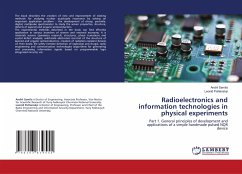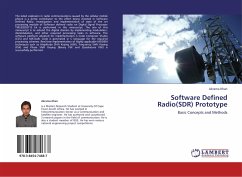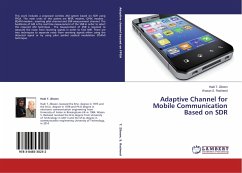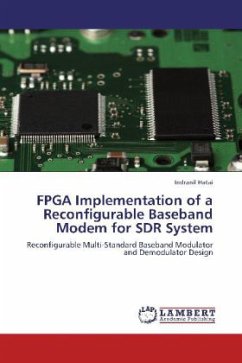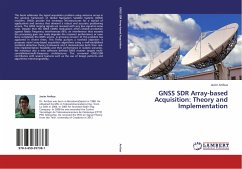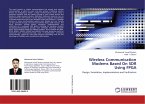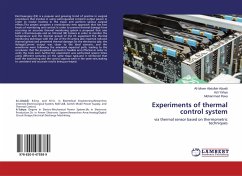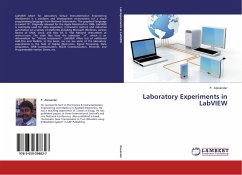The book describes the creation of new and improvement of existing methods for studying nuclear quadruple resonance by solving an important application problem - the development of cheap, portable, digital, multipulse spectrometer to study the sensor properties, structure, defects of layered and organic semiconductors. The experimental methods described in the book can find effective application in various branches of science and national economy. It is materials science (symmetry research; structures, phase transitions and crystal defect analysis); solid-state electronics (control of the structure of layered and organic semiconductors, creation of radiation-resistant devices on their basis); life safety (remote detection of explosives and drugs); radio engineering and communication technologies (algorithms for generating and processing information signals based on programmable logic integrated circuits), etc.
Bitte wählen Sie Ihr Anliegen aus.
Rechnungen
Retourenschein anfordern
Bestellstatus
Storno

